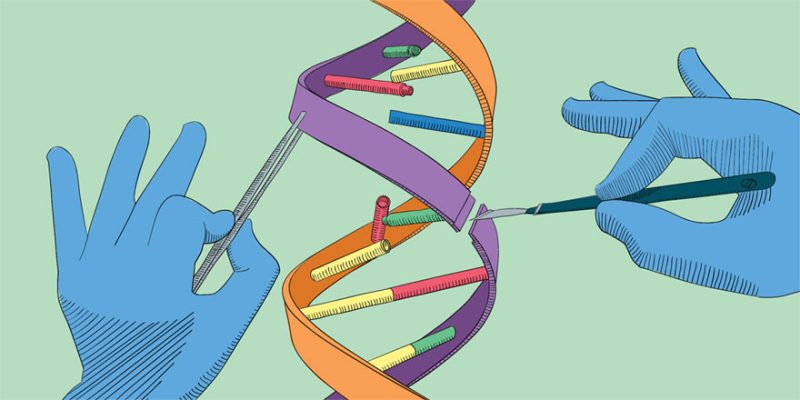
Genomic Editing Technologies: Progress and Potential in 2024
Last updated on April 6th, 2024 at 05:12 am
Genomic editing technologies have become one of the prominent and promising breakthroughs in the biotechnological world, offering unbelievable chances and prospects for the development of healthcare, agriculture, and other sectors in particular. Today, in 2024, genomic editing seems to have collected significant momentum, and its developments open the door to a plethora of novel potentials and extremely severe moral, ethical, and societal concerns. In this post, the issue of genomic editing technologies will be discussed, and its current state, development, and potential that openly shape the future of genomic manipulation will be explored.
1. Advancements in CRISPR-Cas9 Technology
Leading the way for the genomic editing field is CRISPR-Cas9, which is changing the game by allowing correct modification of DNA classifications. CRISPR-Cas9 has already changed significantly: researchers have already boosted its efficiency and specificity and discovered and maintained more possibilities for its application. CRISPR-Cas9 in 2024 is even more accurate and capable of targeting genes with pinpoint accuracy.
2. Therapeutic Applications in Human Health
Furthermore, a prospective direction for genomic editing is its utilization for therapeutic purposes in human health. In 2024, scientists have made remarkable advancements in implementing genomic editing methods to cure genetic disorders. They apply different genomic editing tools, such as CRISPR-Cas9, to conduct various laboratory tests and clinical trials. Hence, scientists express their optimistic hope that it will enable them to create new therapeutic medicinal formulations that can eliminate the foundation of genetic disorders.
3. Precision Agriculture and Food Security
Genomic editing technologies are redesigning not only the field of healthcare but agriculture and food production as well. By 2024, using CRISPR along with other editing tools, scientists are already working on specialty crops that exhibit certain traits like higher yields, increased nutritional value, and pesticide and disease resistance. Editing the genomic of the plant more precisely will help with global challenges of food security, climate change, and supportable agriculture.
4. Ethical and Regulatory Considerations
The high promise of genomic editing technologies brings about complicated ethical, legal, and societal implications. By the year 2024, there are still debates around such phenomena as genetic privacy, fair access to therapeutic interventions, and side effects of genetic modification. The regulatory systems concerning the application of genomic editing in human medicine and agriculture are in progress, defining appropriate safety aspects, regulatory control, and other governance factors.
5. Environmental Applications and Biodiversity Conservation
Genomic editing technologies also hold promise for environmental applications and biodiversity conservation. In 2024, researchers are exploring the use of CRISPR and other tools to mitigate the impacts of climate change, restore ecosystems, and conserve endangered species. By leveraging genetic manipulation, scientists aim to develop innovative strategies for environmental restoration and sustainable resource management.
6. Future Directions and Challenges
The future of genomic editing, in the long run, is impossible to predict. In 2024 and the years that follow, it is clear that scientists and engineers will expand the use of genetic engineering even further, finding untold solutions to humanity’s health, feeding, and environmental problems. Yet, many obstacles to doing so remain, including the risk of off-target and unwanted consequences and an equal distribution of the benefits to risks across the population.
Conclusion.
Given the vast potential of genomic editing technologies, the interventions are game-changing indeed. Nonetheless, as we continue exploring the depths of genetic manipulations in 2024, humanity should exercise moderation in advancing the modifications. That is, the ethical, societal, and environmental implications must be seriously taken into consideration. However, with more collaboration, dialogue, and responsible creativity, we can counter most of the problems plaguing the human race with genomic editing and prepare for a stable future.
Read Dive is a leading technology blog focusing on different domains like Blockchain, AI, Chatbot, Fintech, Health Tech, Software Development and Testing. For guest blogging, please feel free to contact at readdive@gmail.com.
